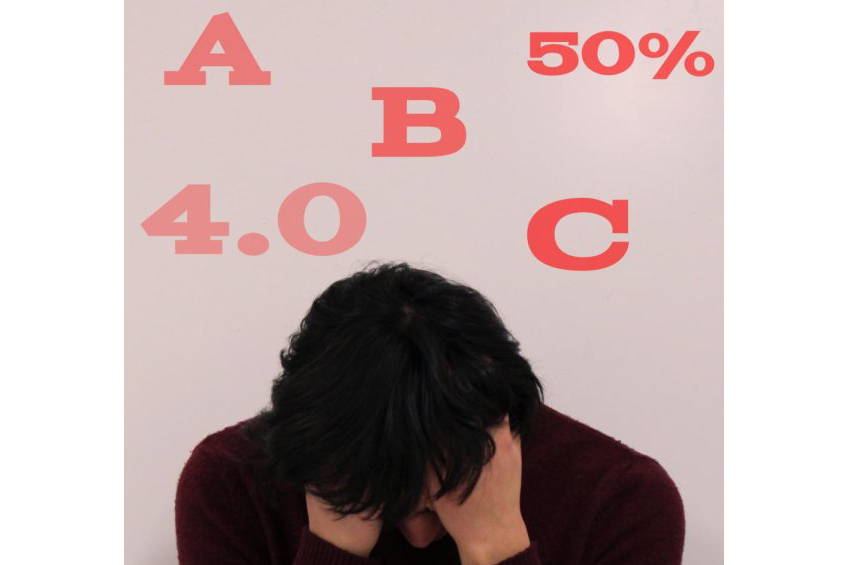Grades Dictate the Classroom
“Is this graded?” The dreaded, yet inevitable, question that changes how students feel about a course.
January 5, 2023
Is this graded? This phrase has graced the lips of underrested, overbooked students far too many times to count. For upperclassmen exasperated with what they deem to be busy work, ungraded assignments can be interpreted as extra free time rather than a learning opportunity. While there is no tangible punishment for blowing off ungraded work, ungraded assignments are the foundation of the AP and IB history classes taught by Ms. Cameron.
A self-described “C student,” she honed her love of learning beyond what was usually expected of her in the classroom on her way to becoming an educator. In her words, “If you know how to learn and demonstrate that you really care about learning, the grades will kind of just follow.” She continued, noting that “grades obviously do have an impact,” but instead of being used as “an evaluation of a skill, [they’re] used as rewards or achievements.”
Although the current grading system seems flawed, seemingly valuing statistical achievement over learning, this exact motivation is why grades are so important to begin with. “[Grades] are the incentive for students to stay on their work,” said Mr. Sacks, an AP science teacher. However, he lamented that “if you get that goal, the whole learning thing just doesn’t seem worth it.”
Grades can put an incredible strain on the relationship between students and their interest in a course due to the course’s inherent association with the student’s achievement or value. B-CC junior Abby Geyer commented, “Some of my friends are the smartest people I know, but their grades are still subpar.”
The trap of attributing personal success to grades is common for many students, leaving their happiness and self-esteem at a loss. Abby questioned, “What is my passion, my art, my music, without praise, without a quantifiable label of worth?”
Ultimately, grades are the primary motivation for students to engage academically, often making learning less enjoyable. Whether or not they work to a student’s advantage or not, grades have clearly demonstrated that they incentivize stress and frustration rather than developing a passion for learning.


































matt carr • Jan 20, 2023 at 9:49 am
yeah its rlly annoying how bcc constantly shoves the importance of grades down our throats which makes ppl who don’t get good grades feel lesser than when they’re not